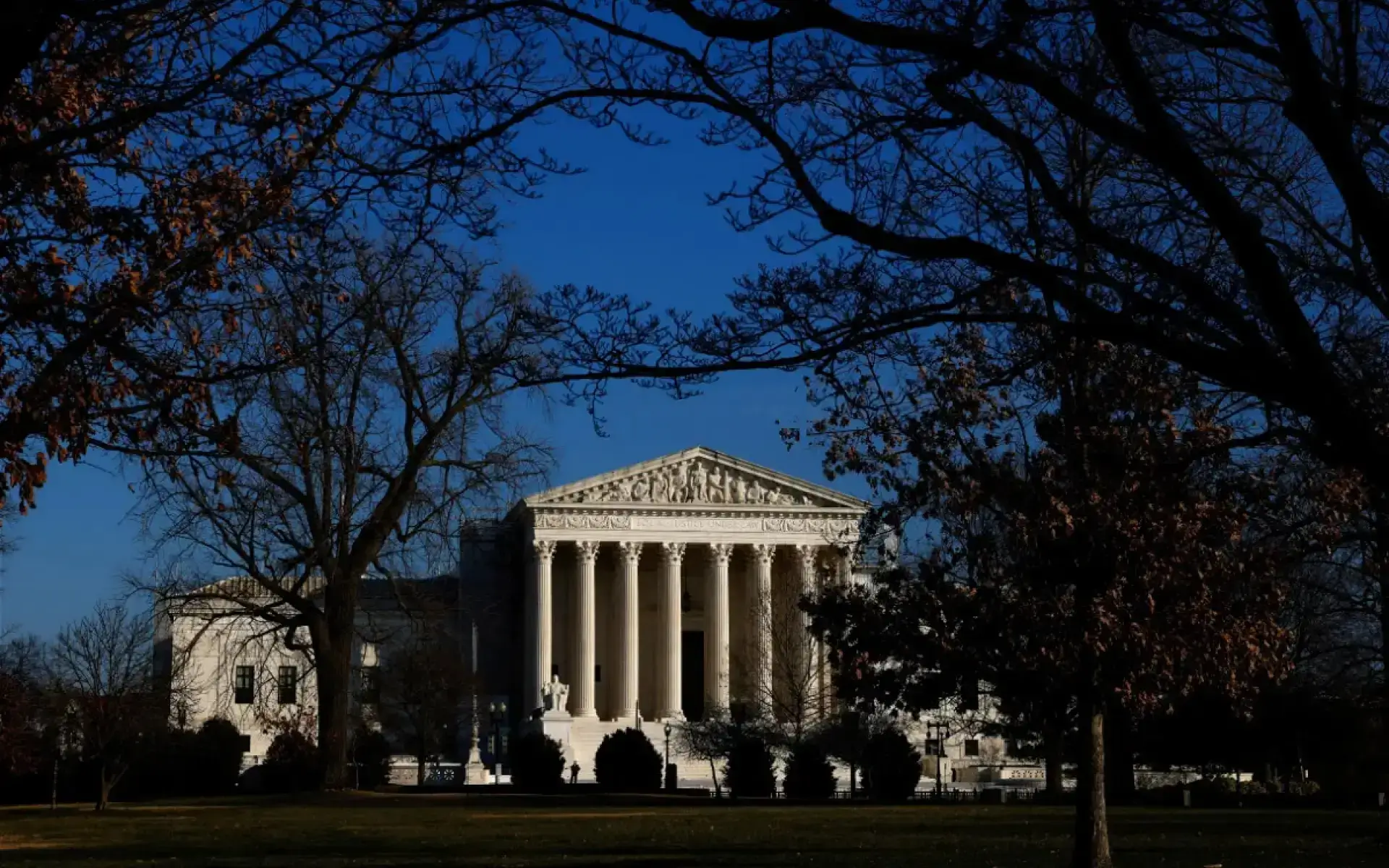In the current era of digital communication, the fight against misinformation has become a pressing issue. The latest chapter in this ongoing struggle involves the White House and its efforts to combat the spread of false narratives, particularly on social media platforms. The scenario has reached such a critical stage that it has now landed in the courtroom of the highest judicial authority in the United States — the Supreme Court.
The White House has been actively urging social media platforms to take down posts that it deems misleading or untrue. But this has ignited a heated debate about the limits of free speech and the government’s role in regulating content on the internet.
The case in question involves a series of communications from White House officials to social media platforms, requesting them to remove posts on various topics. These themes range from controversial claims about the coronavirus vaccines to allegations of election fraud and discussions about Hunter Biden’s laptop.
This conflict did not occur in a vacuum. In fact, it is the culmination of an escalating battle against misinformation, which has been particularly virulent on social media platforms. In the past year, a federal appeals court has imposed stringent limitations on such interactions between the government and these online platforms.
Central to the case is whether the Biden administration’s actions infringe upon the First Amendment, which guarantees the freedom of speech. This fundamental right has become a contentious issue in the digital era, requiring careful navigation and interpretation.
Major technology platforms have become the primary battlegrounds for this conflict. As modern public forums, they carry a heavy responsibility in controlling the flow of information. Yet, they must also respect users’ freedom of speech and avoid any undue influence from the government.
The Biden administration has justified its actions as a necessary measure to combat misinformation. It maintains that its communications with social media platforms are merely persuasive, not coercive. However, critics argue that this amounts to a violation of the First Amendment.
The Supreme Court has grappled with similar issues in the past, but the current case is unique in its focus on the government’s authority over digital platforms. The justices are tasked with deciphering the delicate balance between free speech and the need for accurate information.
The Supreme Court now faces a tough decision. On the one hand, it must uphold the principles of the First Amendment. On the other, it needs to recognize the potential harm caused by misinformation on social media.
Regardless of the outcome, the Supreme Court’s decision will have far-reaching implications. It will set a precedent for future cases involving free speech on the internet and shape the landscape of digital communication in the years to come.
The outcome of the case is uncertain. The Supreme Court could rule in favor of the White House, affirming the government’s right to urge social media platforms to remove misleading content. Alternatively, it could side with the critics, constraining the government’s ability to control online narratives.
Whatever the verdict, it will undoubtedly influence future debates about free speech and misinformation. The case could redefine the boundaries of the First Amendment in the digital age and determine the extent of the government’s authority over online content.




